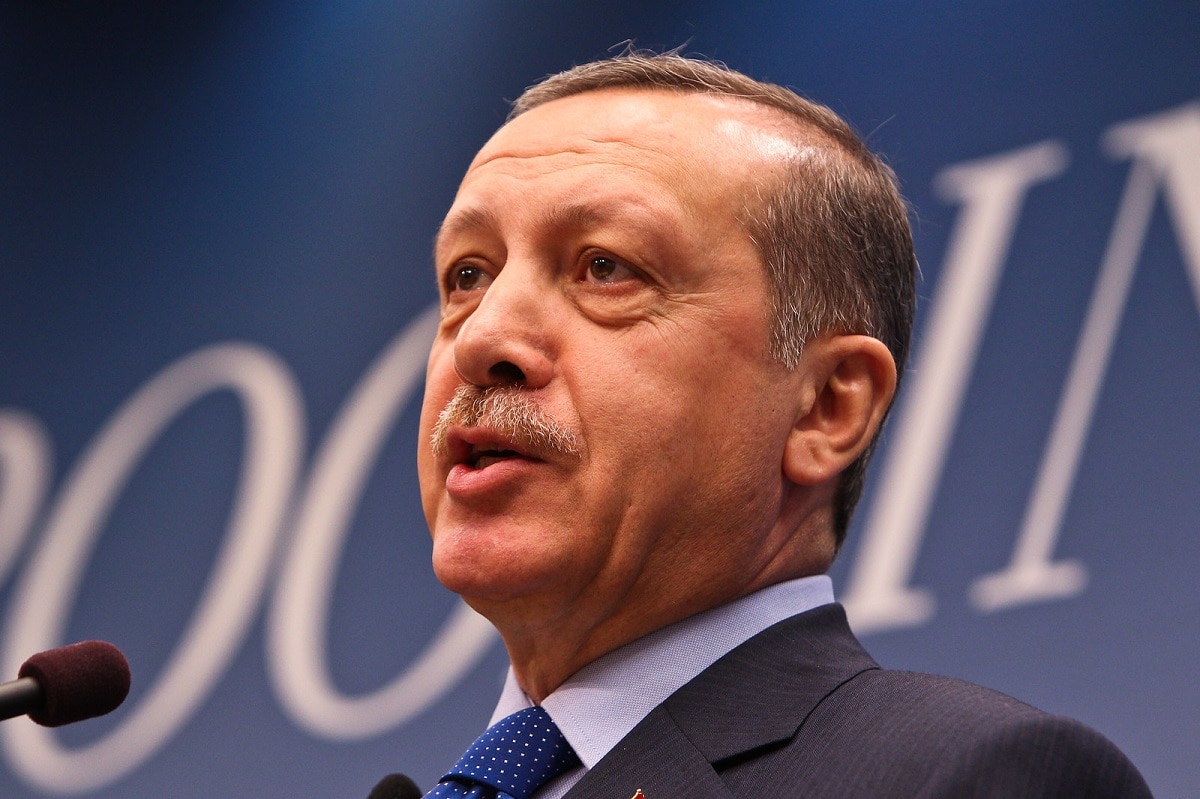Shortly after Russia’s invasion of Ukraine began, Turkey along with the United Nations brokered a deal to allow the shipment of Ukrainian grain, so that it could be sold on world markets. This was significant, mainly because it averted a spike in world food prices as well as regional famines that would have affected millions people. The facilitation of this breakthrough deal appeared to make Erdogan the ‘Putin whisperer’, and raised Turkey’s profile in the Western alliance. Although Turkey refused to participate in the barrage of international sanctions against Moscow, it would prove its value to the West by preventing a problem which Washington would not have had a solution to. On Monday, Vladimir Putin declared that this deal was dead, citing Russian objections that it was only Kyiv which benefited out of its provisions. What does this mean for Erdogan and Turkey’s reputation as a key interlocutor between the West and Russia?
Firstly, it remains to be seen if Erdogan can once again convince Putin to reinstate the deal. The two leaders are set to meet soon, but it is unclear what will motivate both men. Putin is weakened on two key fronts: the continuing blunder of his military invasion of Ukraine and an attempted coup to remove him from office by the head of the Wagner group. These are key points, because Erdogan likes to exploit weakness. This is the reason why ahead of the recent NATO summit in Vilnius, Erdogan gave his strong verbal support of Ukrainian membership of NATO. It allowed him to take advantage of Putin’s weakened state that will likely compel Putin to maintain collaboration with Ankara in a number of areas including energy, trade and tourism. On the other hand, signaling his support for Ukraine joining NATO, Erdogan beat down the image that he was a Putin stooge that was holding up NATO enlargement on principle. Whether these developments will be enough for Erdogan to persuade Putin to reinstate the grain deal is unclear at best.
Putin may have dealt a master stroke with the grain issue. Preventing the shipment of grain to world markets will impact the livelihood of countries from China to Spain. Inability to find alternative sources to compensate for Ukrainian sources will likely see food price increases that will impact all, including the United States, which is rapidly approaching primary election season. A Biden administration which has struggled to curb inflation does not want to incite further voter anger, owing to food price increases that could cost them the presidency in 2024. The West has had one year to prepare for the possibility that Putin would walk away from the grain deal. The fact that little has been done to offset this crisis is indicative of complacency that Putin will exploit to maximum effect. It weakens the West and punches back at the U.S. for assisting Ukraine.
Whether the deal is reinstated or not, will not reduce Turkey’s strategic importance. This is not something to celebrate. Erdogan will continue to leverage his relationship with Putin to realize more policy goals from the West. Although Turkey has co-operated to a limited degree in preventing Russian illicit financial transfers from finding their way into the Turkish financial system, there are strong indications that Russia is bypassing such measures by smuggling Russian coal to Turkey, by way of the Black Sea. Turkey is also poised to begin collaborating with sanctioned Russian banks that would result in the deepening of financial ties between the two countries and their oligarchical elites.
Examples are plenty. This is why Erdogan continues to draw out the Swedish accession to NATO. What is the West willing to give him in return for tempering his relationship with Putin? This is the central question. It is also the reason why the Biden administration does not hold Erdogan’s feet to the fire and demand more co-operation in Ukraine. In addition to the grain deal, Turkey continues to make military transfers to Kyiv, and Washington does not want this to end. In short, the administration does not want to give any further excuses that could deepen the existing relationship between Putin and Erdogan.
Rather than waiting for Erdogan to do the right thing, Washington should think about compelling Erdogan to do the right thing. Erdogan responds to strength, especially when he has a weaker hand. We saw this in 2016 when Erdogan was forced to apologize to Putin for shooting down a Russian fighter jet, simply because Putin turned up the economic screws on Turkey. Whether Turkey can or cannot facilitate a new grain deal is immaterial. Turkey wants to buy American fighter jets and assistance for its ailing economy. In return, we want our NATO ally to behave like one. Let’s spell out what that means to us and sit back and wait for Ankara to respond. Simply being timid of Erdogan and how he may go about solidifying his relationship with Putin is not good enough. We have a winning hand; let’s act like it.
Sinan Ciddi is a non-resident senior fellow at the Foundation for Defense of Democracies (FDD), where he contributes to FDD’s Turkey Program and Center on Military and Political Power (CMPP).

